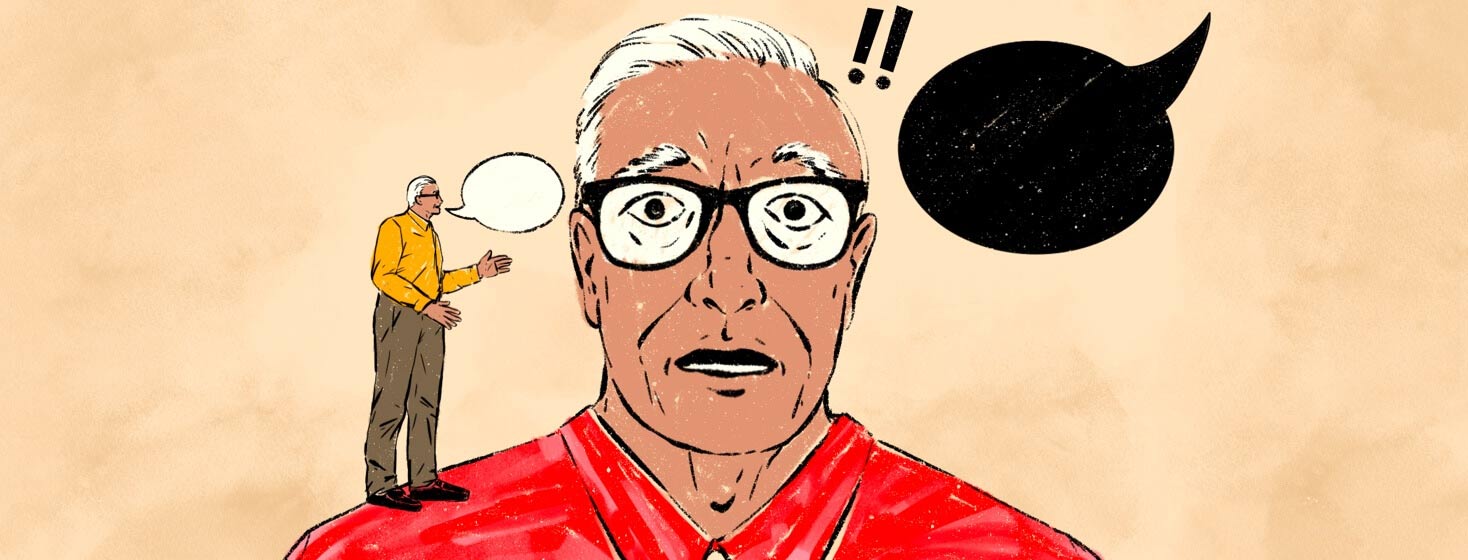A Surprise Prostate Cancer Diagnosis
The prostate cancer journey can be a long one, and I’m well on my way to the most challenging stretch.
For me, it really all began when I was only 6 years old. My grandfather, dad’s dad, was in the hospital dying of prostate cancer, and when the family went to say their goodbyes they told me I was too young to join them. I have never forgotten that. I had wanted to go, and later they said grandpa asked about me before he died. Funny how something so simple can cast a lasting shadow.
Deciding to get a physical
Fast forward through a lifetime of school, college, medical school, and practice to a fairly random decision to get my age-50 physical.
I had gained weight in medical school and during my early practice years, but at about age 40 I started walking and eating better and lost 30 pounds. My borderline diabetes and hypertension disappeared, and all during my 40s I felt I was on my way to a long and healthy life.
So, just before my 50th birthday, I decided to get a routine physical to show my doc how good a boy I had been for the past 10 years.
Unexpected news: my PSA findings
That is when I hit a bump in the road. All was fine on my labs and exam except for a question of a small pea-sized bump on one lobe of my prostate. A PSA test (a test which had only been available for three years at that time) was ordered, and the result was “borderline” at around 4. At the time this was slightly higher than it should have been for my age.
With an “abundance of caution,” a phrase I would hear more than once, I was referred to a urologist. During the weeks between my referral and my first appointment with the urologist, my mood swung from “this is clearly nothing so quit worrying” to “what did I do to deserve this.”
This period of waiting and uncertainty felt like being stuck in purgatory. As I have learned from patients and friends, the longer it takes to move along the road from suspicion to diagnosis and treatment, the more of an emotional toll it takes.
Trying to reassure myself
I had a well-regarded and amiable urologist, whose schedule was always packed. So it took several weeks to get an appointment. I used the delay in my appointment as a bit of reassurance that my physicians were not all that concerned, and my anxiety was probably unwarranted. As a physician myself and a colleague, our first visit was social as well as professional, and when he said that we should proceed with a biopsy he added that it was again just “practicing an abundance of caution.”
This further reinforced my hope that all would be fine. When I returned for the results, he was warm and upbeat. Yeah! Everything was going to be fine.
Then he said the magic word: cancer! He even told me that the cancer involved most if not all my biopsy cores. Well, I should have been sitting down, because he had to catch me and lift me into a chair as I slumped down next to the exam table! That day began my continuing three-decade-long journey that continues with all its ups and downs to today.
The longer between tests, the more anxiety
There are a couple of lessons here for care providers. First, when you are hitting patients with the bad news, be prepared for their reaction and grief. Only now, living with my diagnosis, can I begin to appreciate the powerful and life-changing impact a cancer diagnosis can have on people!
Second, try to move the process forward as fast as possible for your patients. The longer between appointments and tests, the more time spent in the anxiety of uncertainty. Many, if not most, patients do better when they get their diagnosis and can plan their lives based on the results.

Join the conversation